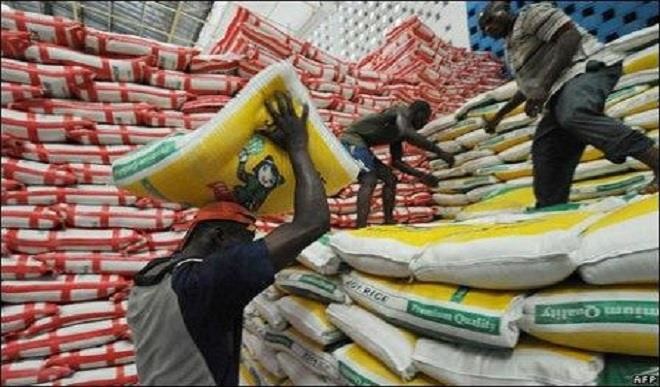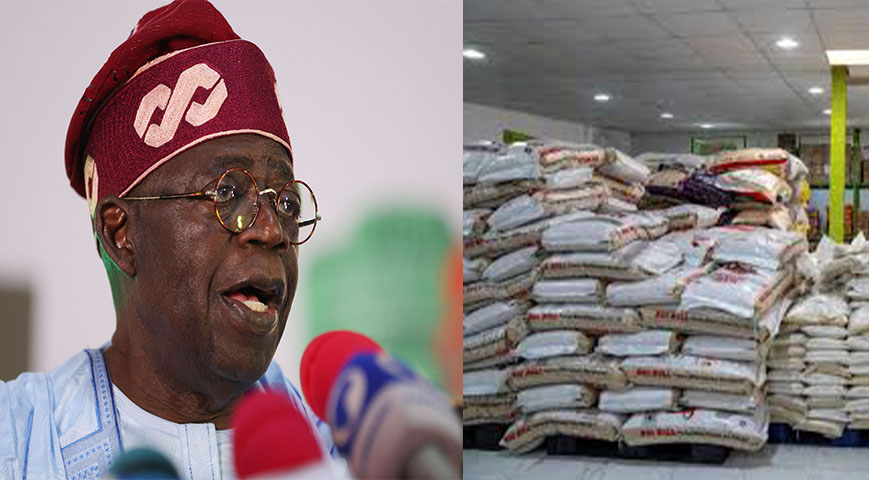Nigeria's agricultural minister has announced that the country will suspend duties on some food imports, including wheat and maize, for 150 days and suggest a retail price to curb soaring costs in Nigeria.
The decision is part of the government's aim to reduce food inflation, which has risen to more than 40% yearly, and boost growth, which has been weak for over a decade.

The finance minister announced last week that President Bola Tinubu has directed his economic management team to develop a 2 trillion naira ($1.33 billion) stimulus plan to address food supply and price challenges while bolstering important industries.
"To ameliorate food inflation in the country caused by affordability and exacerbated by availability, the government has taken a raft of measures to be implemented over the next 180 days," Agricultural Minister Abubakar Kyari said in a statement posted on X.
He stated that the government will purchase 250,000 metric tonnes of wheat and maize in addition to private sector imports. The commodities will be imported semi-processed and distributed to small-scale processors and millers.

Food inflation has skyrocketed in the West African nation owing to instability in some of the country's food-producing regions and a weak road network connecting farmers to markets.
Soaring food basic costs have exacerbated the cost-of-living issue and contributed to double-digit inflation, which has remained at a 30-year high.
Kyari stated that the tax waiver would apply to food goods imported across the country's land and marine borders.









